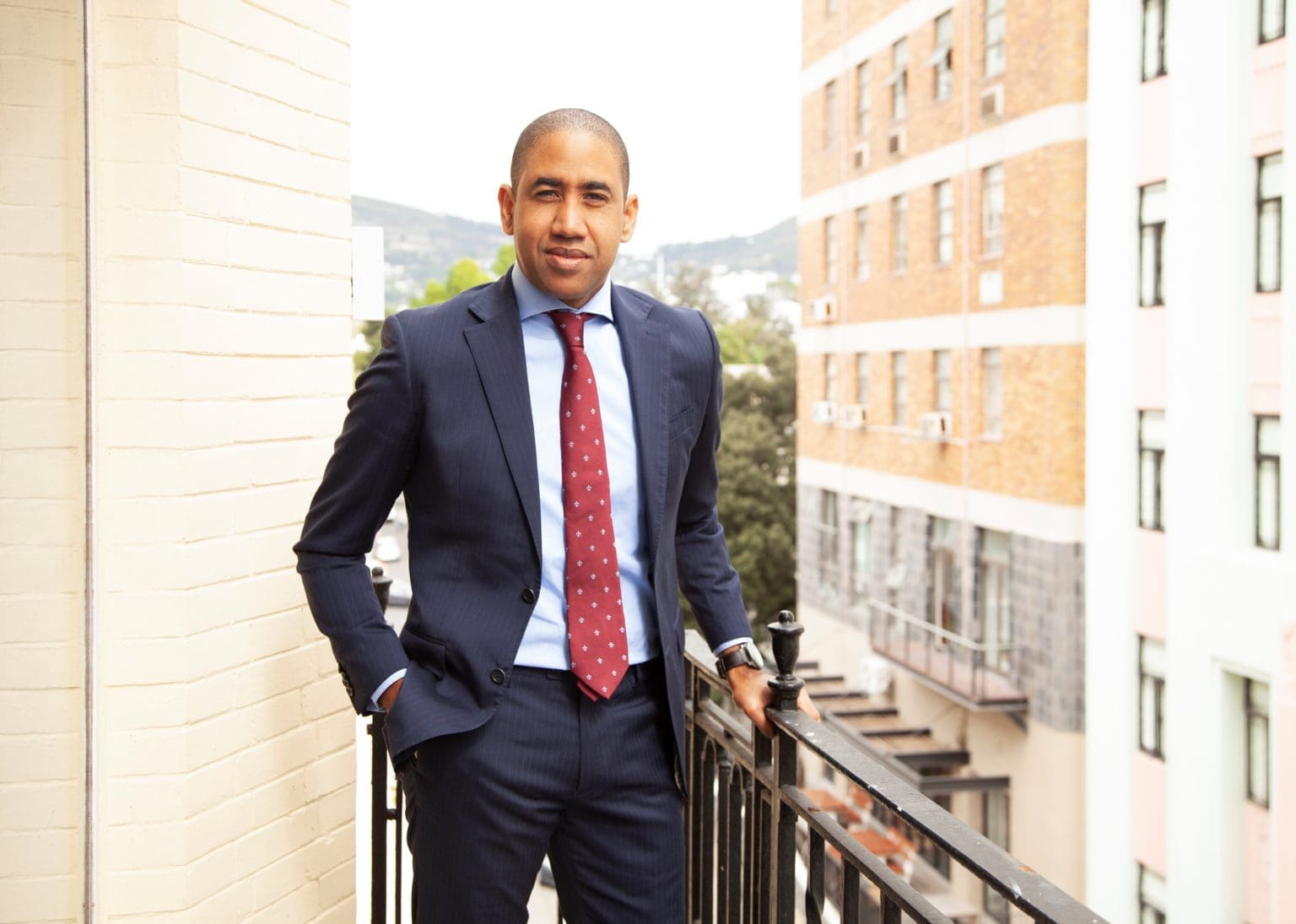As I began my book tour in Washington DC this week for The Silicon Empire vs Social Impact: The David and Goliath Battle, I was reminded how the lessons from my journey as the founder of GovChat connect directly to what the world will debate this week in Cape Town at the Global Digital Public Infrastructure Summit.
When governments collaborate with the private sector to build the systems that define our societies, we must ensure that public interest and not private profit sets the terms. My experience with GovChat’s battle against Meta confirmed how fragile this balance can be.
GovChat was designed to connect citizens directly with government. During the pandemic, it became a lifeline for millions applying for social relief grants.
Yet Meta, the owner of WhatsApp, threatened to remove GovChat from its platform, putting access to vital services for millions of people at risk. A single private company held the power to disconnect citizens from their government.
This is the heart of the digital public infrastructure debate. Governments across the world are building public infrastructure on private systems such as cloud services, messaging APIs and artificial intelligence. This creates new forms of dependency and vulnerability. When profit motives outweigh public purpose, the digital state risks becoming a digital colony.
If South Africa is to lead responsibly, we must begin by fixing and resourcing the State Information Technology Agency. For too long, SITA has been underfunded, constrained and reactive rather than leading our digital transformation. SITA should be the engine of state modernisation, ensuring interoperability, cybersecurity and digital inclusion across all levels of government.
We need bold and capable leadership at SITA to drive collaboration between public institutions, startups, academia and civic innovators. Only a revitalised SITA can build the public digital rails that prevent dependency on monopolies and ensure that the data and systems of government remain in public hands.
The Cape Town summit is an opportunity to commit to three guiding principles.
First, public ownership and local governance of critical infrastructure.
Second, open standards and interoperability to prevent vendor lock-in.
Third, public value and citizen inclusion as the ultimate measure of success.
The GovChat and Meta case was not just a South African dispute. It was a global warning.
The infrastructure of democracy cannot be left to private interests. As the world gathers in Cape Town, we must decide whether digital transformation will empower citizens or enrich the few.
- Prof Eldrid Jordaan, Professor of Practice at Johannesburg Business School

1 Comment
SITA and Government had laid all the groundwork in the late 2000’s to move off Microsoft Windows and Exchange Mail to be fully hosted locally and using open source software. We were ahead of Russia, China, Brazil and India at the time. It was tried and tested and onlya month away from deployment.
The French government has also been using a self-hosted Matrix server for their secure and encrypted messaging.
It is all fully possible to be done, and is done in other countries. SA Gov even owned their own OS called Impi Linux. But while billions of Rands is still being spent on prorietary software, there are those who get a sizable cut. As Mark Shuttleworthsaid after 2010, call me when you are really serious about making the change (he never got the call).